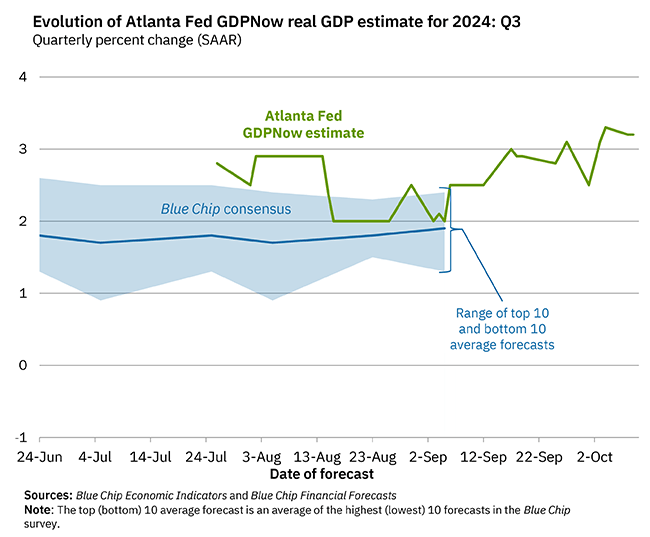Dear people,
ATTENTION:
HEAD OF FINANCIAL INSTITUTIONS/NETWORKMANAGEMENT/TREASURY AND/OR CASH MANAGEMENT FURTHER TO OUR SWIFT DATED 26 08 2011
PLEASE BE INFORMED THAT DUE TO THE CONTINUED PREVAILING MARKET SITUATION AFFECTING THE SWISS FRANC, WE HAVE DECIDED TO TAKE ADDITIONAL CORRECTIVE ACTIONS.
AS A CONSEQUENCE, WE WILL START APPLYING A CHARGE FOR CREDIT BALANCES MAINTAINED BY FINANCIAL INSTITUTIONS IN THEIR CHF CASH CLEARING ACCOUNTS WITH UBS IN ZURICH, EFFECTIVE DECEMBER 21 2012.
THE CHARGE APPLIED WILL BE COMMUNICATED INDIVIDUALLY TO CLIENTS WITHIN THE NEXT DAYS. WE ENCOURAGE OUR CUSTOMERS TO KEEP THEIR SWISS FRANC BALANCES AS LOW AS POSSIBLE, CONSIDERING THEIR USUAL CASH CLEARING NEEDS WITH US. PLEASE BE GUIDED ACCORDINGLY.WE COUNT ON YOUR UNDERSTANDING.
FOR ANY FURTHER QUESTIONS IN THIS REGARD, PLEASE CONTACT YOUR CASH CLIENT ADVISOR.
Yours, UBS
That’s UBS going negative on some of its (nostro) clients. It’s an extension of an existing policy announced in August 2011 that involved a “temporary excess balance fee” being applied to larger cash clearing accounts. Apparently, the new policy makes cash clearing accounts of any size liable to a charge.
Danger time for the minnows then.
According to the FT’s Alice Ross, the bank is angry that some, obviously very mean, banks were using cash clearing accounts like deposit accounts:
[They were] holding money for longer amounts of time because of the perceived safety of the Swiss franc, according to one bank insider. The clearing accounts are supposed to be only used to store upcoming currency transactions on a very short-term basis.
“People were lumping cash into cash clearing accounts and pretend they had a deal coming up,” said the banker. “It got to the stage where people weren’t even pretending.”
Money held in cash clearing accounts is seen as a headache for UBS and Credit Suisse in the current environment. Such inflows represent a liability and require extra capital to be set aside at a time when banks are trying to increase their capital ratios to comply with new regulations. It is also less easy for the banks to make money from the inflows by lending them out at a time when interest rates are so low.
Of course, this isn’t any real surprise. First, it’s entirely sensible and understandable, second, UBS said they were going to do it and third, it follows close on the heels of Credit Suisse’s move earlier in December.
Since what we wrote then applies again we will be copying and pasting with abandon… as is the wont of any respectable blogger:
Why? Well, why not. It’s not going to really hit haven flows (fear remains despite all best efforts and it’s a cheap hedge – inflation here, deflation there does count for something) and it’ll allow CS to make a little extra cash
(break-even).…As Izzy said then — it’s natural that banks would eventually start charging for a service that is costing them.
And the move, alongside anecdotal evidence (real evidence gratefully received) that bonded warehouses in Geneva are being scouted out for banknote storage, really points to the kind of storage arbitrage a negative interest rate world creates.
Yup, that all still holds true. But what has surprised us a bit is the euro-Swiss franc’s reaction to these announcements. The euro has gained 0.5 per cent against the franc since the start of the month. Not enormous but still.
Citi pointed to the real reason for the gains on Monday (our emphasis):
Following the decision of Credit Suisse to charge negative interest rates on cash balances there have been some market speculations that the SNB may drop the lower band of its current target for 3M libor rate of 0 to 25bp. This together with speculations about a higher currency floor added to the tailwinds for EURCHF of late. We suspect that a disappointment could see the cross heading lower yet again, but the EURCHF upside is bigger than the downside on any SNB indication of a policy shift.
(On the second point we preferred their rather pithier summary on Tuesday: “Later, some Twitter Twaddle went around that the SNB was about to raise its 1.20 peg. This seems like the market adding 2 + 2 and coming up with 5.”)
And there are obviously plenty of reasons to prepare for disappointment by the Swiss National Bank when it meets on Thursday. Geoff Yu at UBS argues that the SNB will only contemplate negative rates if the ECB moves first:
Banks are already going negative which gives them an incentive to lend out – so the job is done, SNB doesn’t need to do more.
While Kendrick at Nomura said:
Going into the meeting markets are most likely focused on the potential for further extraordinary measures, particularly after last week’s announcement by Credit Suisse that it was taking interbank rates negative on CHF positions… However, we see the probability of further extreme measures as very low, particularly as far as negative Libor rates are concerned, as this would be harmful to the domestic banking sector. As such we would recommend going into the meeting short EUR/CHF.
However, we wouldn’t bet against some titillating signalling being sent out either way. It would seem a very cheap and easy way to keep that chart above moving in the direction they want.
Related links:
UBS introduces fees on franc deposits – FT
Credit Suisse finds positives in negative (rates) – FT Alphaville
Tags: currencies,FX,Swiss National Bank,UBS








































